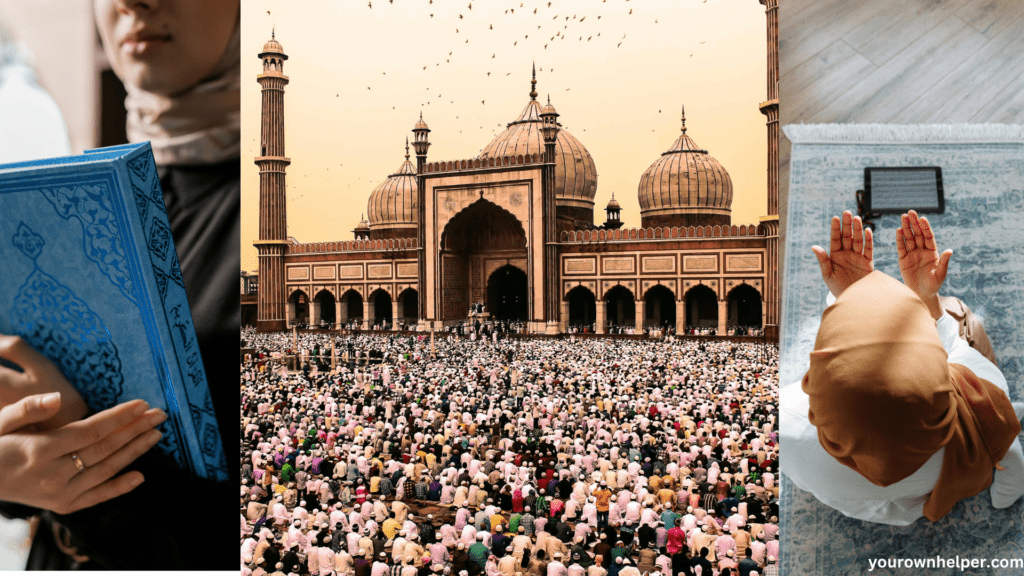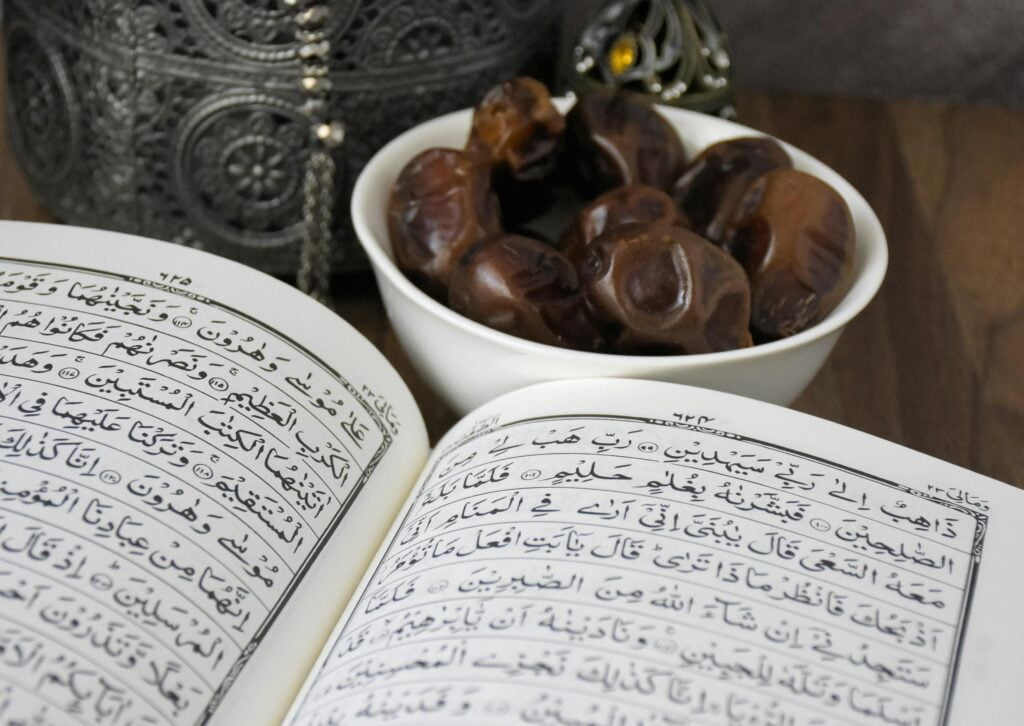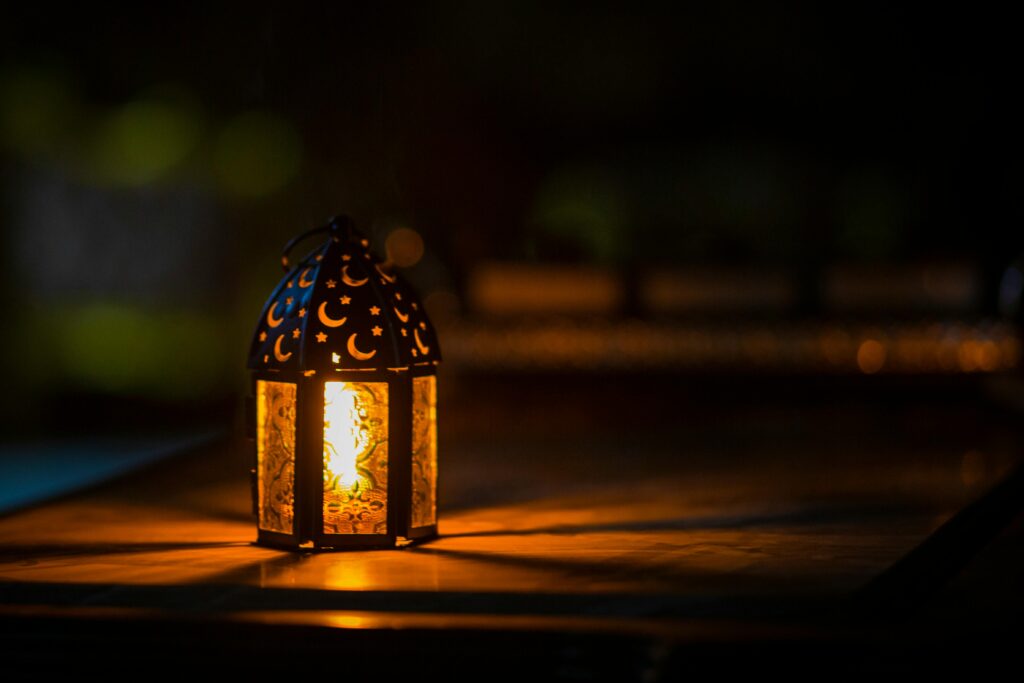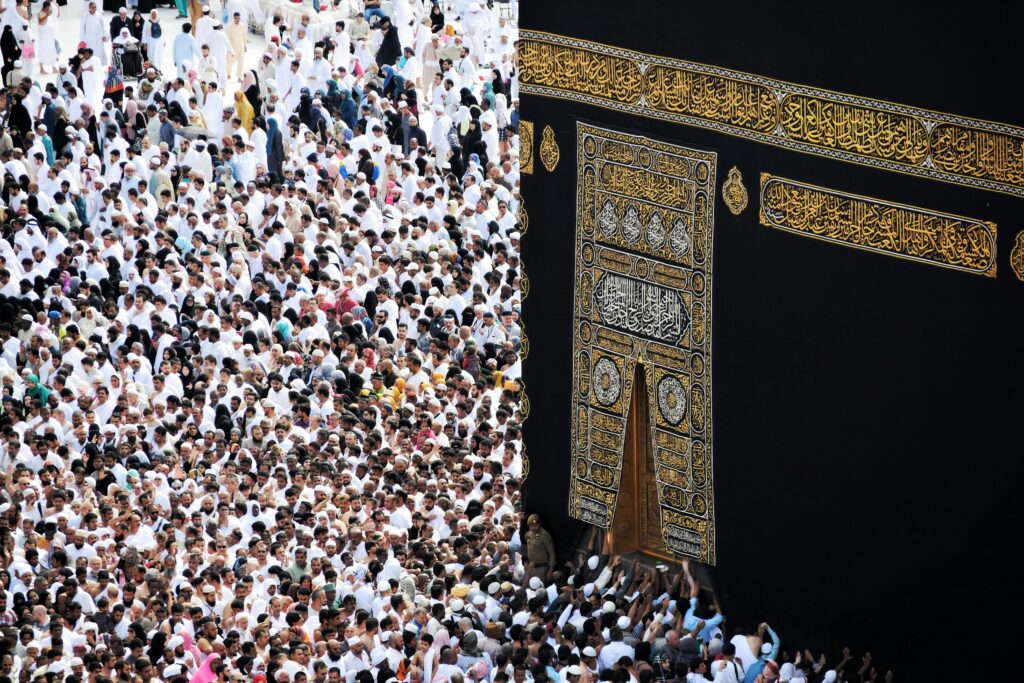
Hey there! Are you curious about what you can and can’t eat during Ramadan? As an Important Islamic holiday, Ramadan has specific guidelines around fasting and feasting. For 30 days each year on the islamic calendar, Muslims fast from sunrise to sunset. However, outside of daylight hours, Ramadan offers opportunities to come together over nourishing meals. In this article, I’ll walk you through exactly when you can and can’t eat, drink, or smoke during Ramadan, I’ll also cover special meals like suhour and iftar that are part of the Ramadan tradition. Whether you are celebrating Ramadan yourself or want to understand it better, this article will break down everything you need to know about eating during this important Isiamic observance.
What Is Ramadan?An Overview of the Islamic Holy Month.
Ramadan is the ninth month of the Islamic calendar and a time of fasting, reflection, and community. For 30 days, Muslims abstain from eating and drinking from dawn until dusk. The fast is meant to bring worshippers closer to God and remind them of the suffering of those less fortunate.
The Five Pillars of Islam
One of the five pillars of Islam is sawm, or fasting during Ramadan. For Muslims, fasting helps achieve taqwa, or God-consciousness, and strengthen iman, or faith.
Rules of the Fast
During Ramadan, Muslims wake before dawn to eat suhoor, a pre-fast meal. At sunset, the fast is broken with Iftar, a post-fast evening meal, traditionally beginning with dates and water. Between dawn and dusk, no food or drink is allowed. Smoking and Intimacy between couples are also forbidden.
Celebrating Ramadan
What You Can and Cannot Eat During Ramadan?

Ramadan Traditions:Dates, Gifting, Prayer, and More

Ramadan is a time of community, charity and spiritual reflection for Muslims. Beyond fasting during daylight hours, there are many traditions observed during the holy month.
Breaking the Fast
At sunset each evening, Muslims break their fast with iftar, a meal often beginning with dates. The sweet fruit provides energy after a long day of fasting. Iftar is a communal event, with family and friends gathering together to share a meal.
Prayer and Recitation
Muslims also attend special nightly prayers called tarawih at their local mosque. During Ramadan, many Muslims also recite the entire Quran. Some complete one section each night of Ramadan, finishing the holy book by Eld al-Fitr.
Giving Gifts
Giving gifts and donating to charities is an important part of Ramadan. Many Muslims give food, money or other gifts to less fortunate members of the community. It is also common to give Ramadan-themed gifts like lanterns, prayer mats or Qurans to friends and loved ones.Eid al-FitrAt the end of Ramadan, Muslims celebrate Eid al-Fitr, the “festival of breaking the fast.”
Lasting up to three days, Eid al-Fitr is a time of celebration, with communal prayers, feasts, and the exchange of gifts. People dress in their finest clothes, decorate their homes, and visit friends and family.Ramadan traditions bring Muslims together to focus on faith, community and charity. From Iftar each night to the celebrations of Eld al-Fitr, the holy month is filled with meaning and purpose.
Observing these traditions helps Muslims strengthen their devotion, connect with loved ones and support those in need.
Ramadan FAQs: Answering Common Questions About Fasting Rules and Obligations

Ramadan is the hollest month of the Islamic calendar, set aside for fasting, prayer, reflection and community. If you’re new to Ramadan or Interested in learning more about this special time, you likely have some questions about the rules and obligations. Let’s take a look at some of the most frequently asked questions.
What are the fasting obligations during Ramadan?
Fasting during Ramadan, known as sawm, is one of the Five Pillars of Islam. All adult Muslims are obligated to fast from dawn until dusk each day throughout the month. This means abstaining from all food, drink, smoking, and sexual activity. The fast is meant to Increase remembrance of Allah, heighten spirituality, and develop self-discipline and compassion.
From what age is fasting obligatory for ramadan?
Children are not required to fast until they reach puberty, typically around 12-15 years of age. However, many children fast for part of the day or during weekends to prepare themselves. Fasting Is obligatory for most adults, except those who are Ill, elderly, pregnant, breastfeeding or traveling. They may make up the missed days at a later time or pay fidyah (compensation).
What breaks the fast during ramadan?
Anything taken into the body during the fast invalidates it and requires making up that day. This Includes eating, drinking, smoking or engaging in sexual activity. Unintentional actions, such as swallowing saliva, do not break the fast. Taking medication or medical treatments do not break the fast elther but should be avoided if possible. The fast is over each day at Maghrib, the fourth prayer of the day, when the sun has set.
How many days until ramadan 2024?and how long is ramadan?
Ramadan would start in the evening on Sunday, March 11, 2024, and conclude on Tuesday, April 9, 2024, this year. These are the estimated days of Ramadan according to the Islamic Calendar, which is based on the lunar cycle. However, the dates may vary depending on location due to moon sightings or absence.
What happens after the fast is over each day?
Muslims will have an iftar to break the fast, where they eat dates and drink water or juice, followed by a larger meal with family and community. Many will then attend special night prayers called tarawih held at the mosque. The evenings are also a time for charity, enjoying time with loved ones and reflecting on spiritual matters.
Conclusion
So that wraps up some key aspects of Ramadan the holy month of fasting, prayer, reflection and community. From the pre-dawn meal before fasting starts, to the joyous celebrations when the fast is broken at sunset, It’s a meaningful time for Muslims worldwide. The nightly prayers and Quran recitations help strengthen spirituality and devotion. Eld al-Fitr then marks the end of the month with festive gatherings, gifts and charity. Hopefully this gives you a helpful overview of Ramadan traditions and practices. Let me know if you have any other questions!
At last-“Ramadan Mubarak!”
